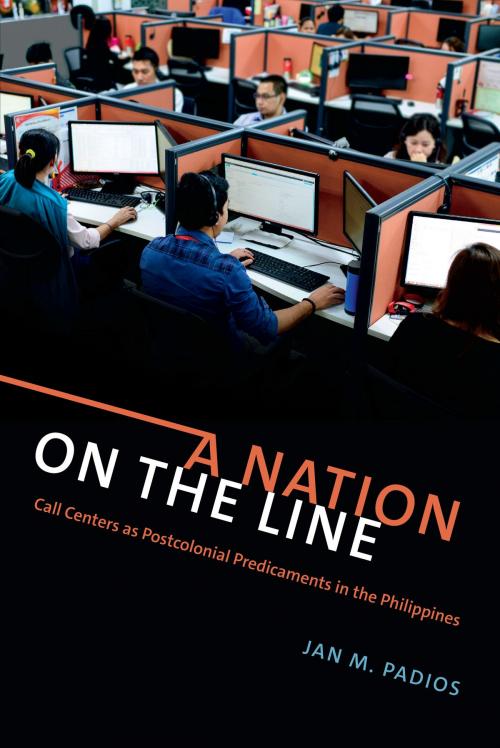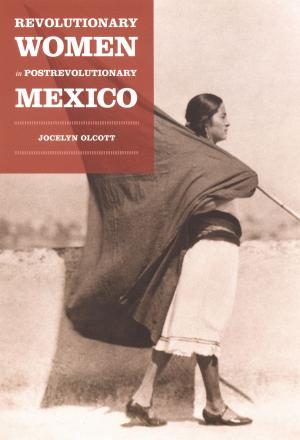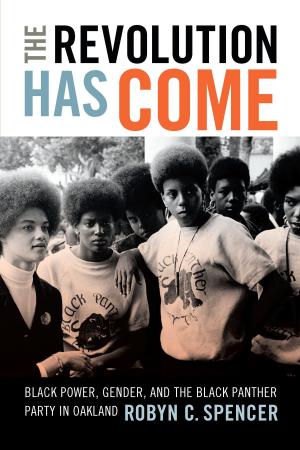A Nation on the Line
Call Centers as Postcolonial Predicaments in the Philippines
Nonfiction, History, Asian, Southeast Asia, Social & Cultural Studies, Social Science, Sociology, Urban, Anthropology| Author: | Jan M. Padios | ISBN: | 9780822371984 |
| Publisher: | Duke University Press | Publication: | April 12, 2018 |
| Imprint: | Duke University Press Books | Language: | English |
| Author: | Jan M. Padios |
| ISBN: | 9780822371984 |
| Publisher: | Duke University Press |
| Publication: | April 12, 2018 |
| Imprint: | Duke University Press Books |
| Language: | English |
In 2011 the Philippines surpassed India to become what the New York Times referred to as "the world's capital of call centers." By the end of 2015 the Philippine call center industry employed over one million people and generated twenty-two billion dollars in revenue. In A Nation on the Line Jan M. Padios examines this massive industry in the context of globalization, race, gender, transnationalism, and postcolonialism, outlining how it has become a significant site of efforts to redefine Filipino identity and culture, the Philippine nation-state, and the value of Filipino labor. She also chronicles the many contradictory effects of call center work on Filipino identity, family, consumer culture, and sexual politics. As Padios demonstrates, the critical question of call centers does not merely expose the logic of transnational capitalism and the legacies of colonialism; it also problematizes the process of nation-building and peoplehood in the early twenty-first century.
In 2011 the Philippines surpassed India to become what the New York Times referred to as "the world's capital of call centers." By the end of 2015 the Philippine call center industry employed over one million people and generated twenty-two billion dollars in revenue. In A Nation on the Line Jan M. Padios examines this massive industry in the context of globalization, race, gender, transnationalism, and postcolonialism, outlining how it has become a significant site of efforts to redefine Filipino identity and culture, the Philippine nation-state, and the value of Filipino labor. She also chronicles the many contradictory effects of call center work on Filipino identity, family, consumer culture, and sexual politics. As Padios demonstrates, the critical question of call centers does not merely expose the logic of transnational capitalism and the legacies of colonialism; it also problematizes the process of nation-building and peoplehood in the early twenty-first century.















